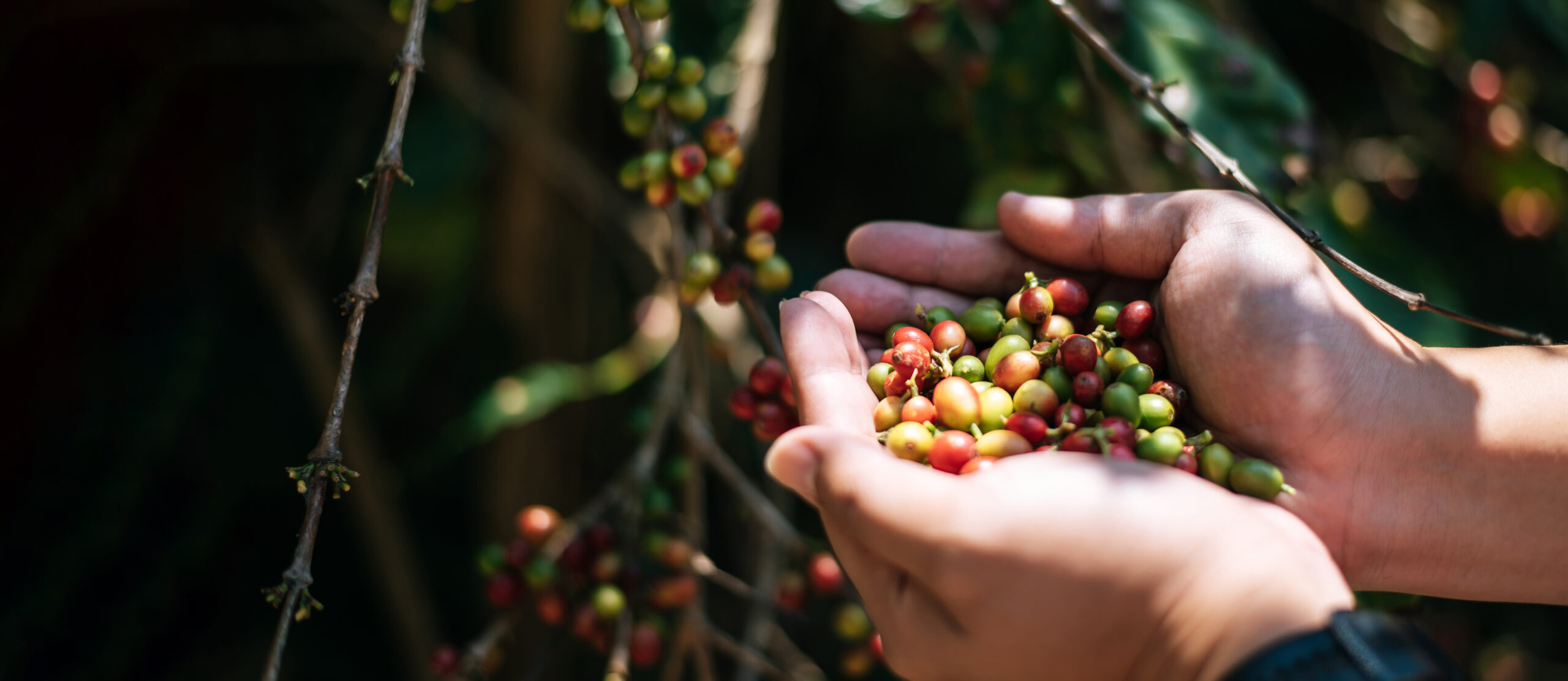In order to ensure the sustainable coffee practices in Bangladesh, initiatives that empower farmers and safeguard the environment must be put into practice. For the purpose of building a sustainable coffee value chain, these methods concentrate on social, economic and environmental factors. The following are some essential components of ethical coffee production in Bangladesh:
1. Organic farming: A large number of coffee producers in Bangladesh are switching to organic agricultural methods, which forgo the use of artificial fertilizers and pesticides. By minimizing chemical contamination, protecting soil fertility and fostering biodiversity, organic farming contributes to environmental protection.
2. Shade-Grown Coffee:Under a tree canopy, shade-grown coffee is grown, giving birds and other species a home. This agroforestry strategy decreases the need for chemical inputs, prevents soil erosion and contributes to ecosystem health. Additionally, it aids in keeping forests intact.
3. Agro-ecology and Biodiversity Conservation: In Bangladesh, sustainable coffee production practices uphold agroecology ideals by encouraging the use of organic pesticides and a variety of cropping styles. These techniques lessen the need for chemical inputs, safeguard valuable insects and preserve a healthy ecosystem.
4. Farmer Empowerment and Fair Trade: Fair trade standards are emphasized in sustainable coffee processes, ensuring that farmers are paid fairly for their coffee beans. Due to improved socioeconomic conditions and increased ability to invest in sustainable techniques, farmers are better able to support themselves.
5. Capacity Building and Training: Sustainable coffee practices initiatives offer growers training and capacity-building programs. With the help of these initiatives, growers may produce high-quality coffee with the least amount of negative environmental impact by learning about sustainable agricultural practices, quality enhancement and post-harvest processing procedures.
6. Water Resource Management: For sustainable coffee production, effective water resource management is essential. Water conservation and water pollution prevention irrigation systems must be used. To use less water, strategies like drip irrigation and rainwater collection can be used.
7. Certification Programs: Promotion of sustainable coffee methods is greatly aided by certification programs like Rainforest Alliance and Fairtrade. Consumers can feel confident buying sustainable products knowing that coffee manufacturing complies with strict environmental, social and economic requirements thanks to these certifications.
8. Research and Innovation: To advance Bangladesh’s sustainable coffee practices, on-going research and innovation activities are required. This entails creating new coffee kinds that are resistant to climate change, investigating effective processing techniques and identifying long-term approaches to managing pest and disease problems.
9. Collaborative Partnerships: The successful adoption of sustainable coffee practices depends on cooperation between farmers, government organizations, non-governmental organizations and private sector actors. Partnerships make information exchange, resource access and policy advocacy possible.
10. Climate Change Adaptation: Production of coffee has major obstacles due to climate change. In Bangladesh, sustainable practices include methods for coping with climate change, such as promoting agro-forestry systems, putting conservation measures in place and boosting the use of renewable energy sources.
Bangladesh can empower coffee farmers, safeguard the environment and create a robust and flourishing coffee business that benefits both the local people and the global coffee market by putting these sustainable coffee methods into reality.

